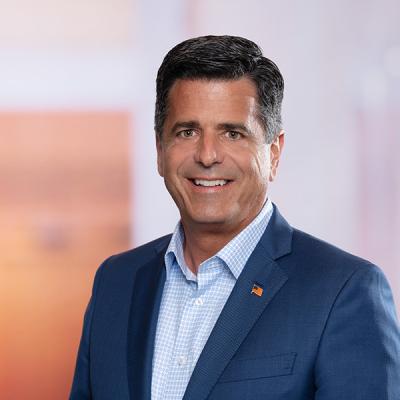Alcohol Task Force Releases Final Report
The Task Force that Massachusetts Treasurer Deborah Goldberg commissioned to review the alcohol industry in the Commonwealth issued its final report on December 27, 2017. The Task Force, which Goldberg convened on February 16, 2017, was directed to look at the laws and regulations governing the industry, many of which were adopted after the prohibition of alcohol was repealed in 1933. The full text of the report can be found here.
Attorney E. Macey Russell chaired the Task Force, which also included former Fitchburg Mayor Lisa Wong, attorneys Kate Cook and Deborah Gold-Alexander, former Massachusetts Port Authority Chief Legal Counsel Rachael Rollins, former Inspector General Robert Cerasoli, and Pete Wilson, the former press secretary to Senator Stanley Rosenberg. As part of a stakeholder engagement process that took place throughout 2017, the seven-member group received input from trade organizations, licensees, and consumers and reviewed independent research and studies.
The report makes 37 recommendations for modernizing the alcohol industry, promoting economic development, enhancing public health and safety, and reforming the Alcoholic Beverages Control Commission (ABCC), which is the state agency housed within the Treasurer’s office that oversees the alcohol industry. In this alert, we summarize the report’s most notable recommendations.
Industry Modernization
One of the report’s most notable recommendations is the call to raise the excise tax levied on beer, wine, and spirits. The report recommends increasing the excise tax on beer from 11 cents to 16 cents per gallon, on wine from 55 cents to 82 cents per gallon, and on spirits from $4.05 to $6.07 per gallon. It is estimated that this change will generate an estimated $41.6 million of additional tax revenue.
Several recommendations aim to reduce barriers to applying for alcohol licenses and running alcohol-related businesses. Licensing authorities would be required to provide reasons in writing why they denied an application and the time for applicants to appeal the ABCC’s decisions would be extended from five days to 10 days.
Other recommendations aim to benefit consumers and permit businesses to increase alcohol sales. The Task Force calls for eliminating the limit on the number of alcohol licenses grocery store chains can hold, allowing bars to accept out-of-state photo IDs as age verification, permitting brew pubs to self-distribute beer on Sundays, and increasing the maximum alcohol content for cider to 8.5 percent from six percent to align with federal law.
Fines would be increased for illegal alcohol sales and deliveries. The ABCC would be authorized to revoke the license of any licensee that provides false or misleading statements or information in their application. The report also proposes eliminating discount programs that let large retailers buy alcohol more cheaply from distributors then sell it at lower prices.
ABCC Operations
The report makes recommendations to increase the ABCC’s budget to allow for the hiring of additional personnel. According to the report, Massachusetts currently has one investigator for every 800 licenses compared to the national average of one for every 261 licenses. To remedy this staffing shortage, the Task Force recommends that the ABCC hire an additional 30 investigators and 15 staff personnel. The $3.1 million annual cost of these hires would be covered by the increases to license fees and excise taxes on alcohol sales.
Health and Safety
The report contains a set of regulatory and statutory changes designed to limit consumption and availability of alcohol products sold or provided to individuals in vulnerable groups. These measures include: implementing a statewide program to survey students to collect data on alcohol exposure and consumption for use in developing preventative strategies; establishing procedures and policies that ensure those providing substance abuse education are experienced and properly credentialed; requiring applicants seeking liquor licenses to provide a health and safety assessment that addresses the impact of increasing alcohol density in the location of the proposed establishment; and designating a portion of proceeds generated from increased alcohol excise taxes to nonprofit organizations providing education and treatment programs.
Next Steps
The report’s release is an important step in efforts to reform the state’s alcohol laws, but it is by no means the end of the process. Many of the recommendations will require either legislative approval or new regulations from the ABCC to be implemented. Goldberg has said she is reviewing the report to determine which recommendations she will request that the legislature adopt. The report and Goldberg’s recommendations may guide any debate that takes place in the legislature if and when it takes up alcohol reform, though lawmakers are not bound to these recommendations and are free to offer their own proposals.
ML Strategies will continue to monitor and periodically report on discussions among political and industry leaders as they debate proposals reforming the alcohol industry in the Commonwealth.
Content Publishers

Julie Cox
Steven A. Baddour
Executive Vice President & Director of Operations


